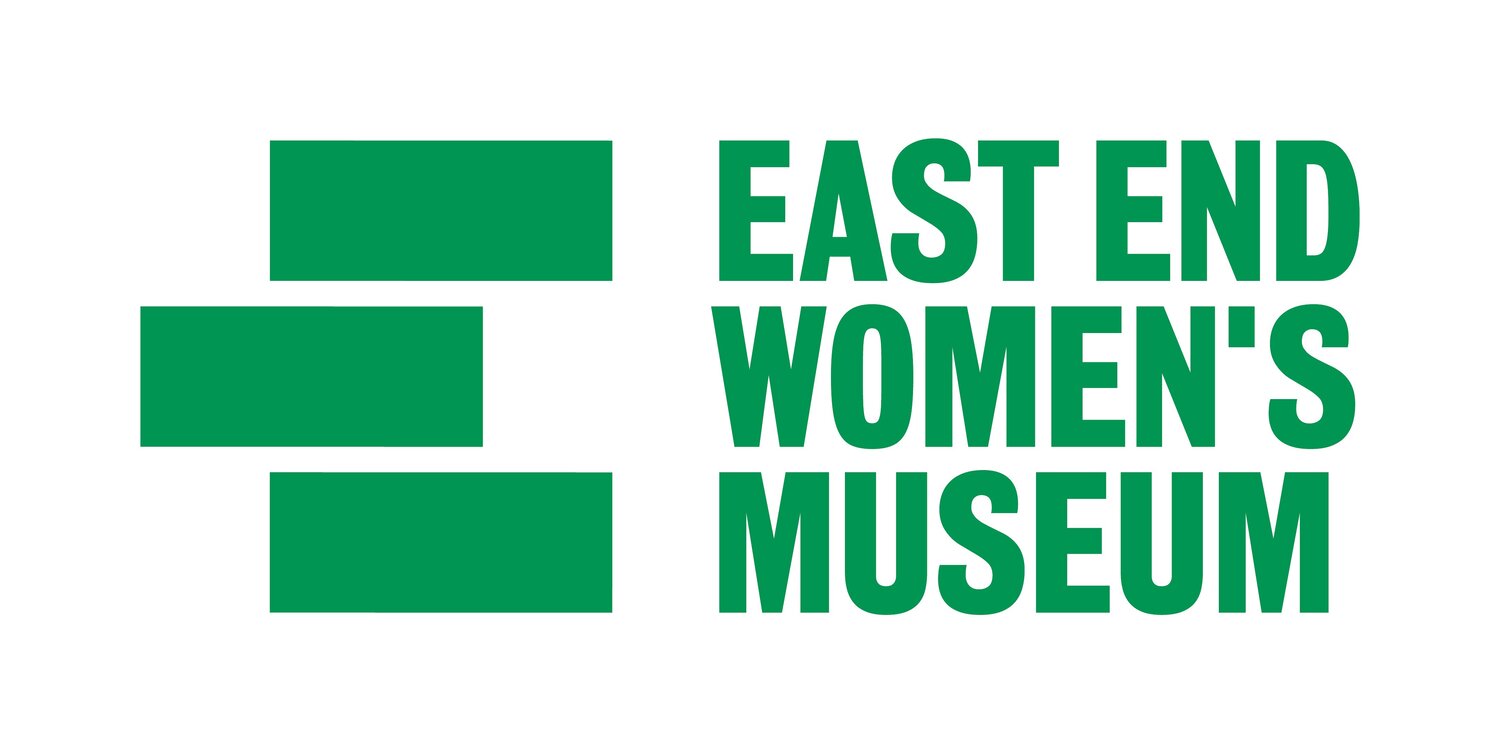Arts and media
From the 1970s onwards, Hackney has been home to a number of community arts organisations and publishing initiatives staffed by women.
Many of these organisations were trying to expand who could be involved in the creation of making art. They believed that literacy was a form of empowerment and that people could shape a better future together through art and writing.
Individuals, groups and organisations in Hackney took part in, influenced and helped shape the landscape of arts and culture in Hackney and across the country through their engagement with arts and media. There was a strong interest in promoting the work of women who might otherwise be overlooked because of prejudice against their race, class, sexuality, or disability, as well as gender.
By developing women’s skills in different forms of media – photography, screen-printing, writing, and performance arts, women gained new tools to help tackle social issues through local radical movements. This inspired and nurtured future generations of women to express themselves through the power of artistic expression.
SHEBA FEMINIST PRESS
Sheba was a Dalston based independent collective, founded in 1981, by six women with media backgrounds. During the early years members of the collective raised funds for individual books and worked voluntarily. To combat racism, they transformed the structure of the collective to ensure an even mix of women from different ethnic backgrounds.
Many of the books published explored experiences of race, class, and sexuality. Unlike other women’s presses, Sheba was notable for its early publishing of works for children and young adults.
Sheba was the UK publisher of civil rights activist Audre Lorde, and published the country’s first collection of lesbian erotica. Many famous writers were first published by Sheba before finding commercial success with larger publishers.
Poster by Lenthall Road Workshop, on loan by Rebecca Wilson
Lenthall Road Workshop, Haggerston
Based in Haggerston, the Lenthall Road Workshop supported users to create their own screen prints to express themselves, develop their skills or to print leaflets, posters, postcards or badges for wider distribution. They were used by Hackney Women’s Aid, the Campaign for Nuclear Disarmament, Rock Against Racism, Centerprise and many others.
The workshop evolved over time to become a women’s photography and screenprinting centre for the local community. Through using the traditionally male-dominated skills of printing and photography, they produced images that challenged the norm of ‘White, male, middle class, able-bodied heterosexual which glare from every hoarding, magazine and TV’.
By developing photography and screen-printing skills, women were empowered to help tackle social issues through local radical movements. These posters promote events for International Women’s Day, a worldwide annual event calling for global gender equality.
Letterbox Library co-founder Gillian Harris, who started Letterbox from her home in Clapton in 1983 with Hackney Museum manager Rebecca Odell
LETTERBOX LIBRARY
In 1983, single parents Iven Spicer and Gillian Harris were frustrated at not being able to find books for their children with multi-cultural characters or non-sexist messages.
From their front room in Hackney, they set up a book club for stories that reflected the diversity of society, where both boys and girls are shown as independent, resourceful, caring and emotional.
In just five years this women’s cooperative had over 6000 members in over 40 countries.
Today Letterbox Library is a non-profit social enterprise that believes that challenging stereotypes and discrimination should play a fundamental part in every child’s education. They supply books celebrating equality, diversity and inclusion to schools, nurseries, children’s centres, libraries, charities and homes throughout the UK.

